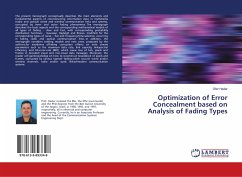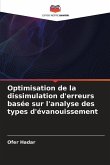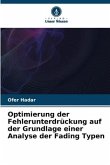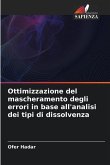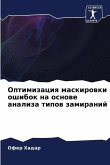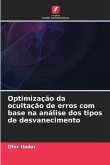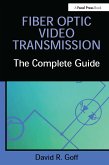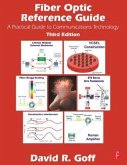The present monograph conceptually describes the main elements and fundamental aspects of reconstructing information data in multimedia (radio and optical) wired and wireless communication links and systems, corrupted by inner and outer fading phenomena. The monograph describes the basic aspects and the corresponding mathematical models of all types of fading - slow and fast, with corresponding probability distribution functions - Gaussian, Rayleigh and Ricean, modified for the corresponding types of noise - flat and frequency/time-selective, occurring in fading radio and optical communication links. In addition, the monograph considers existing models and new ones, proposed by the authors,for avoidance offading corruption effects on data stream parameters such as the maximum data rate, link capacity, linkspectral efficiency, and bit-error-rate (BER), which cause loss of bits, pixels and frames in decoded visual and non-visual data messages. Moreover, the reader will gainknowledge on how to reconstruct lossesblock of pixels and frames, corrupted by various typesof fading,which occurin wired and/or wireless channels, radio and/or optic linksofmodern communication systems.
Bitte wählen Sie Ihr Anliegen aus.
Rechnungen
Retourenschein anfordern
Bestellstatus
Storno

